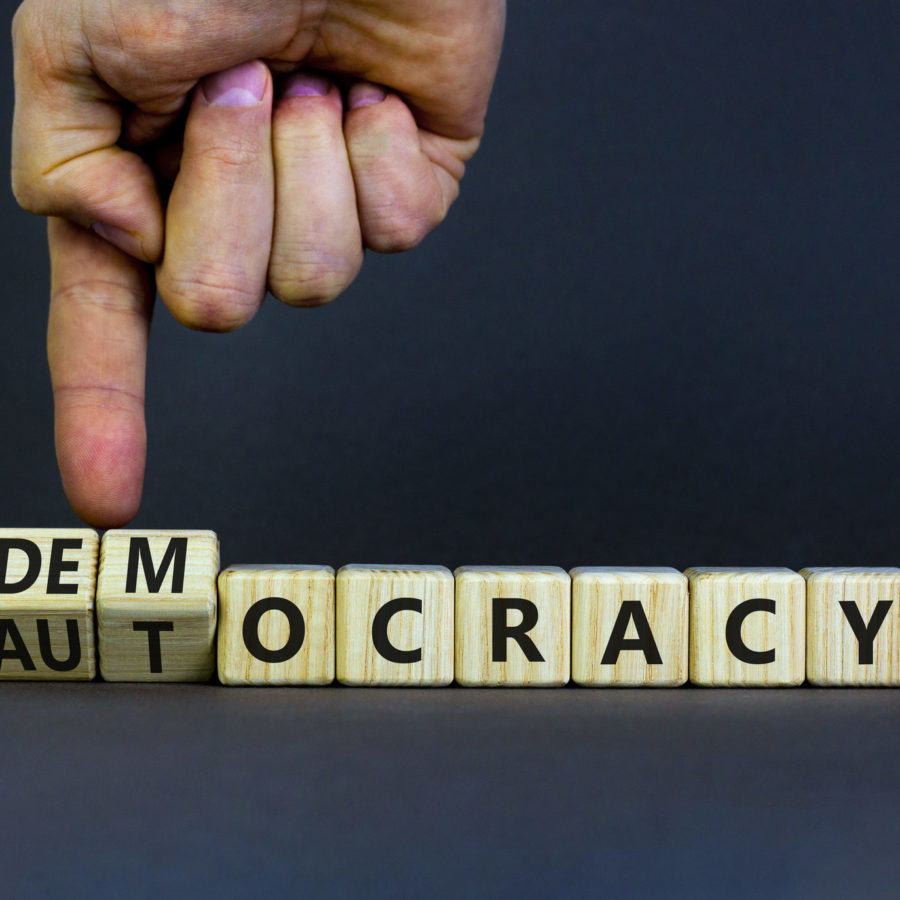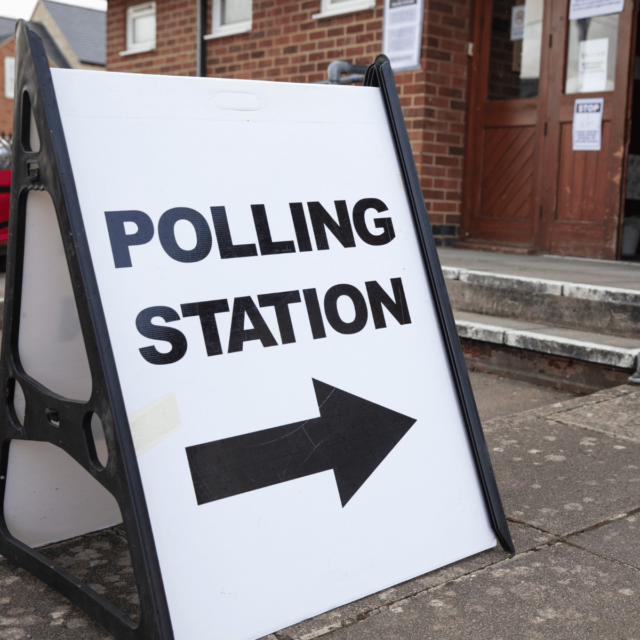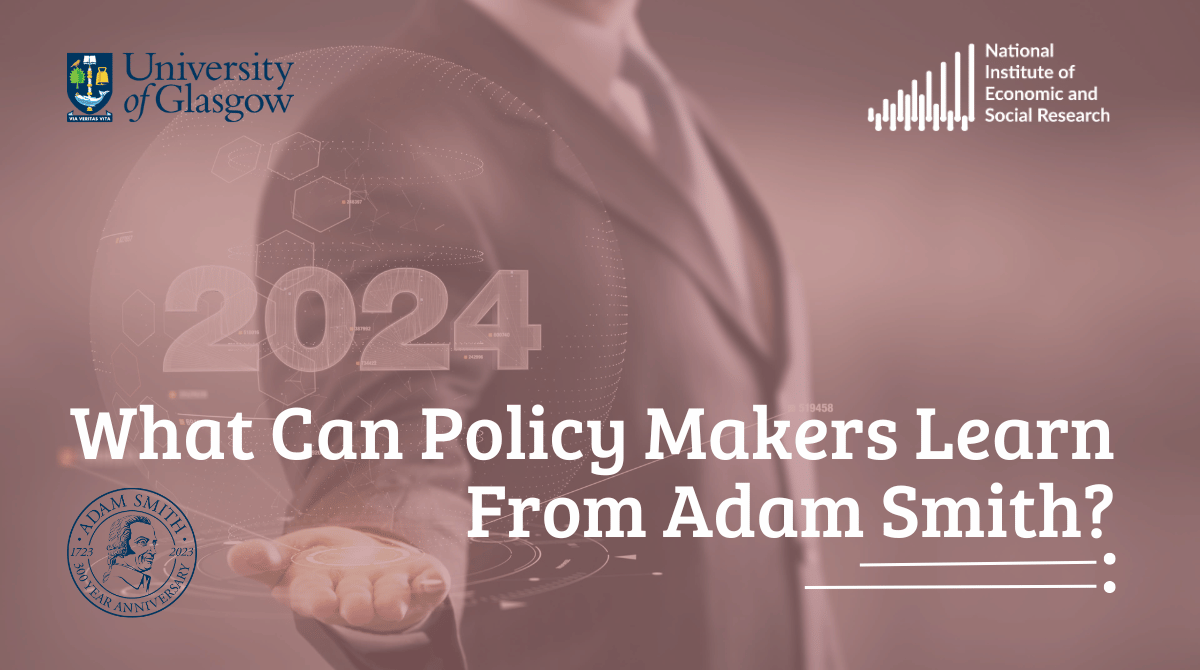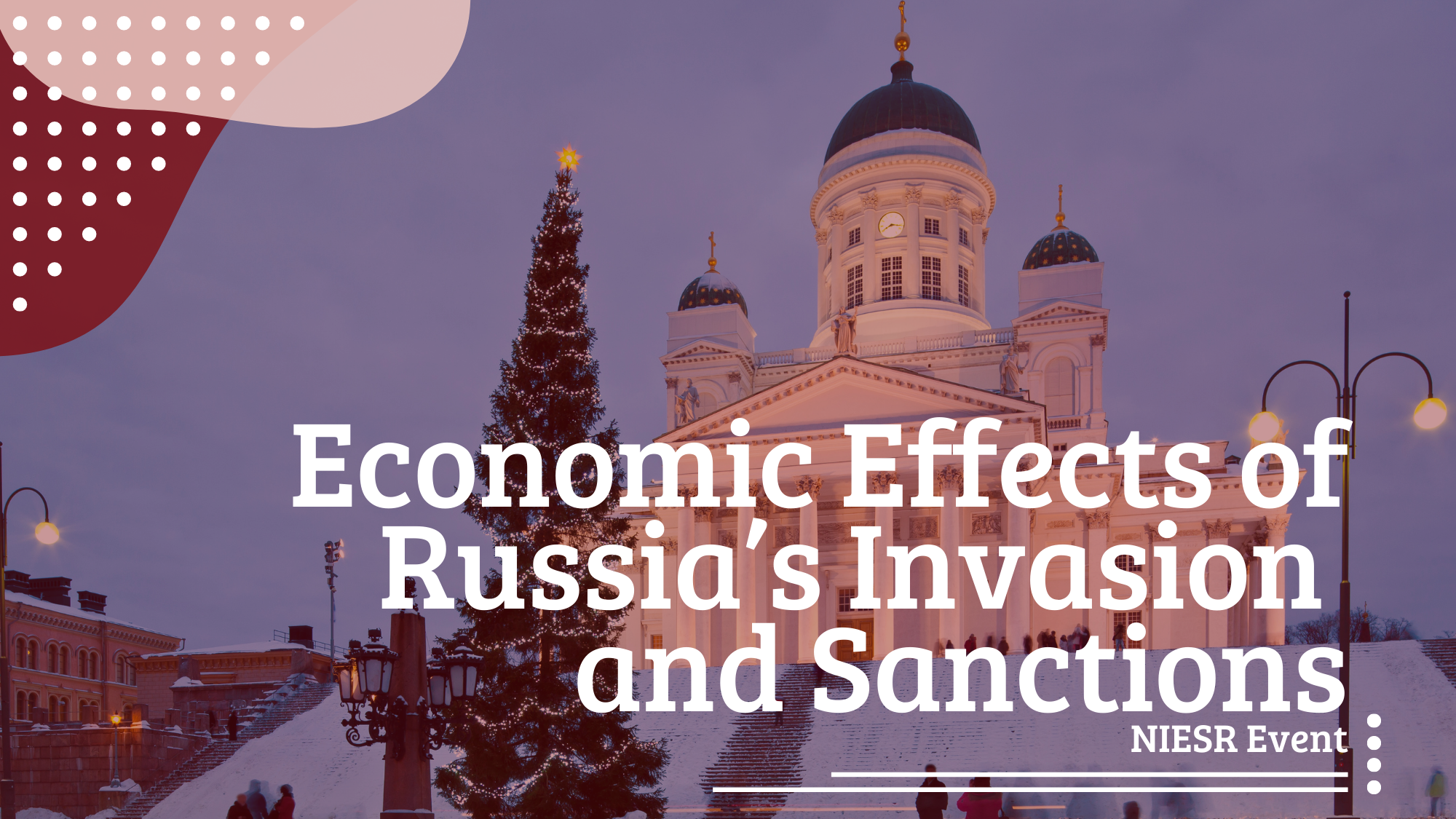Miscoordination, Politics and Populism
Coordination problems are common in economic environments. We present two models that shed light on two coordination problems in the political economy of populism: incumbents refusing to give up office following a democratic election; and politicians gambling with major policy shifts. These models underscore the importance of instutitions that address the source of uncertainty and coordination failure.
 Pub. Date
Pub. Date
 Pub. Type
Pub. Type

Main points
- Uncertainty about political processes, such as the integrity of democratic elections or the mapping from policy to outcomes, hampers coordination required by citizens to ensure politicians behave in a way that is welfare improving.
- If there is doubt over electoral integrity in a democracy, the disciplining power of citizen protest is dampened and incumbents have the opportunity to refuse to leave office without widespread condemnation.
- When there is uncertainty over the mapping of policy to outcomes, voters opt for policy gambles, even though these are detrimental to their welfare, in an attempt to redress the division of output.
- Institutions such as independent electoral commissions and the fostering of political consensus can help to eliminate office-seeking politicians’ incentives to refuse to leave office or to gamble with policy, and these measures improve welfare for all.
We present two models that shed light on two issues in the political economy of populism: incumbents refusing to give up office following a democratic election; and politicians gambling with major policy shifts when their consequences are uncertain. In the democratic transition of power, common knowledge about the veracity of the election process enables citizens to threaten incumbents with protests if they attempt to retain their seats in power. If doubt over electoral integrity prevails, office-seeking incumbents sometimes reject electoral rules. In considering policy gambles, politicians supply major policy shifts in response to voters and elites vying for a greater share of economic output. When the mapping from policy to outcomes in uncertain, voters opt for policy gambles, even though these are detrimental to their ex ante welfare, to redress the division of output. These models underscore the importance of institutions that address the source of each coordination failure.





















